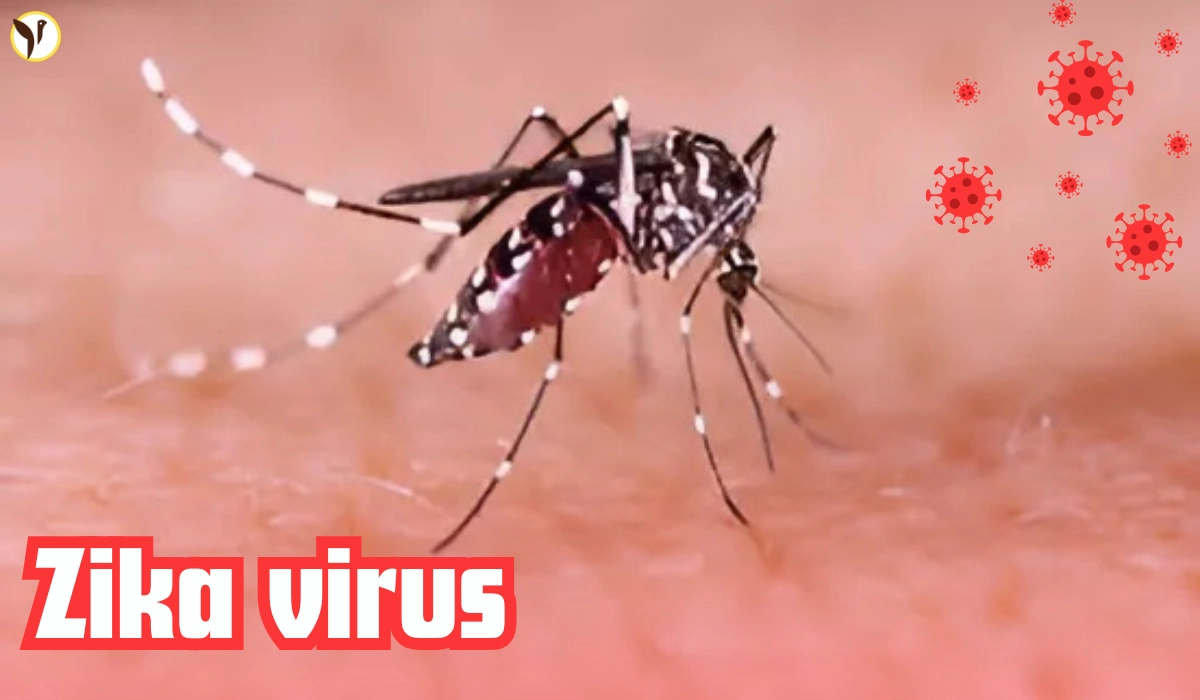The Zika virus is making a concerning return in several parts of the world, with Argentina seeing a particularly sharp rise in cases. By mid-June 2025, health authorities confirmed more than 720 Zika infections in the country. This marks a steep increase compared to the 56 cases recorded throughout all of 2024.
Argentina is not the only country seeing this trend. Across South and Central America, over 12,600 Zika cases have been reported so far this year. Countries including Brazil, Bolivia, and Colombia have also documented active outbreaks.
Medical experts are especially concerned about the virus's effect on pregnant women. Zika is known to cause serious birth defects, most notably microcephaly, a condition in which a baby’s head and brain are underdeveloped. This can lead to long-term health complications for infants born to infected mothers.
In response to the growing risk, public health officials are urging pregnant women to avoid travel to areas where Zika is spreading. They are also reminding the public to take steps to prevent mosquito bites, which is the primary way the virus is transmitted. These steps include:
-
Using insect repellents approved for mosquitoes.
-
Wearing long sleeves and pants, especially during early morning and evening hours.
-
Staying indoors with screened windows or air conditioning.
-
Eliminating sources of standing water, such as buckets, flower pots, or open containers, where mosquitoes can breed.
There are currently no approved vaccines for Zika, although research and development efforts are ongoing. Because of this, public health agencies are emphasizing prevention as the most effective way to control the virus. Educational campaigns are being launched in affected areas to help communities identify symptoms and take necessary precautions.
Next up in vector-borne diseases is Dengue fever.@WHO has warned that about half of the world’s population lives in areas at risk of dengue, with an estimated 100-400 million infections occurring every year. And it's not just an issue abroad; an in-country transmission of… pic.twitter.com/mP3oRxDyzT
— HealthforUS (@Healthfor_US) June 12, 2025
Singapore Confirms Local Zika Cases as Asia Keeps Watch on Spread
In Asia, Singapore has confirmed new locally transmitted Zika cases for the first time this year. The cases were discovered in Woodlands, a residential area in the northern part of the country. The infections were detected after routine testing of wastewater showed the presence of the virus in the environment.
Singapore's authorities acted swiftly, issuing health alerts and increasing mosquito control efforts in the affected areas. The National Environment Agency (NEA) and the Communicable Diseases Agency (CDA) are encouraging residents to stay vigilant. They have also reminded the public of the common symptoms of Zika, which include:
-
Fever
-
Skin rash
-
Joint or muscle pain
-
Red eyes
-
Headache
While no serious complications have been reported from these recent cases, health officials are especially advising pregnant women in the area to be cautious, as the virus can pass from mother to unborn child.
Singapore’s warm, humid climate supports year-round mosquito activity, making ongoing prevention efforts critical.
Singapore uses several tools to monitor mosquito-borne diseases, including environmental surveillance, fogging in high-risk zones, and public education. These methods are designed to detect infections early and reduce the chance of large outbreaks.
Elsewhere in Asia, Zika is being closely tracked. In India, more than 150 cases were confirmed in 2024 across several states, including Maharashtra and Karnataka. Although the number of recent infections in India remains low, health officials continue to monitor for signs of local transmission.
Global health agencies are keeping a close watch on how the virus behaves in different regions.
While Zika does not usually cause severe symptoms in most people, its potential impact on unborn children makes it a serious concern for expecting mothers and health providers worldwide.









